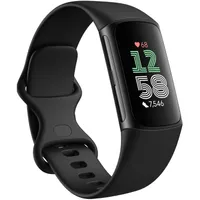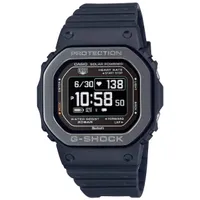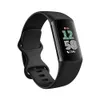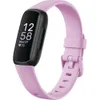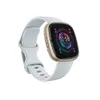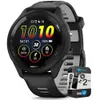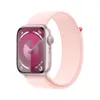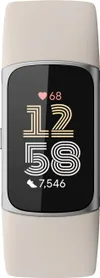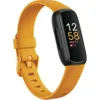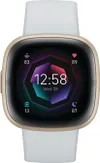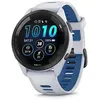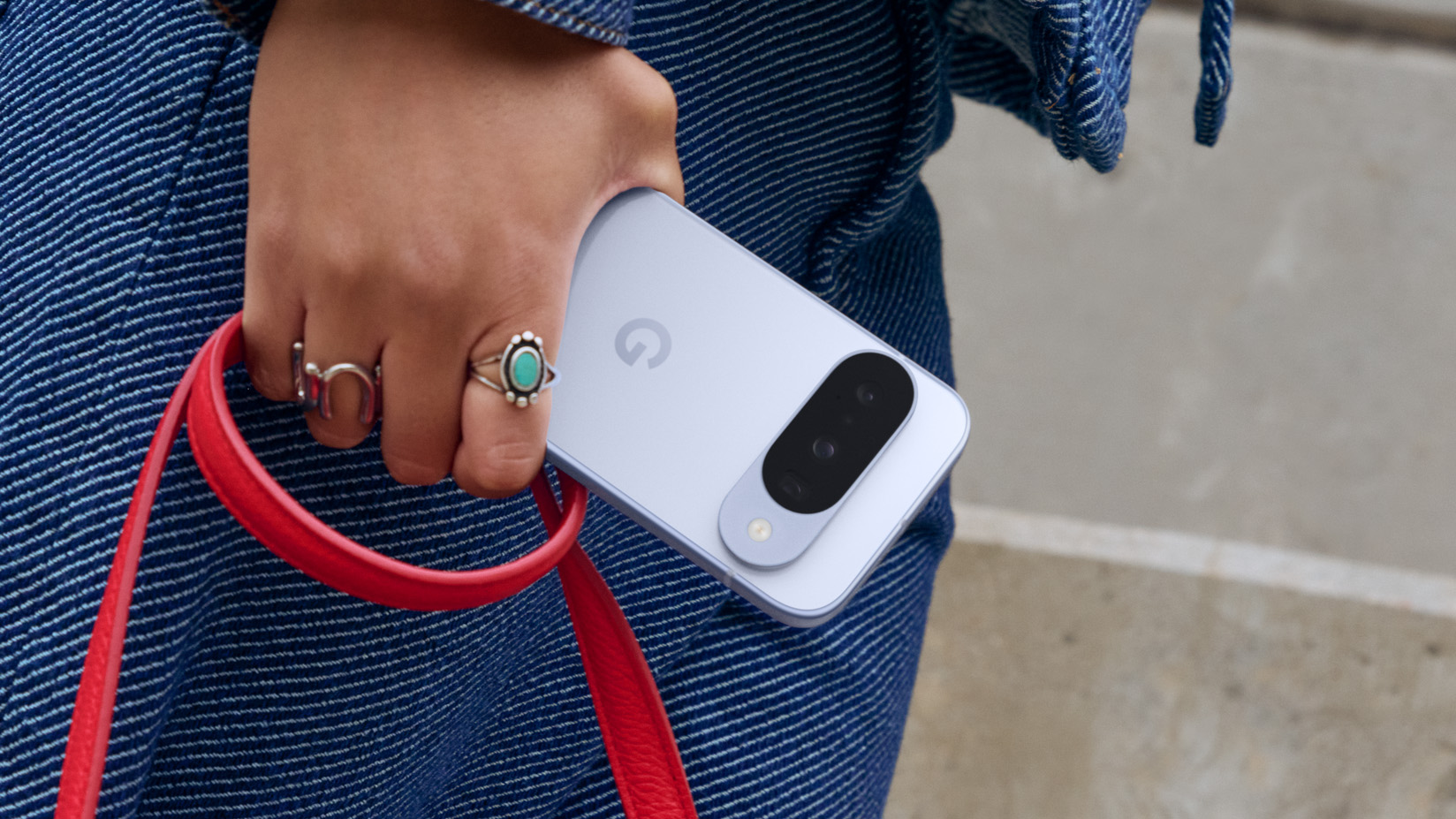I walked over 3,000 steps with the Fitbit Charge 6 and G-Shock Move — the results surprised me
Step accuracy test: Fitbit Charge 6 vs. G-Shock Move DWH5600
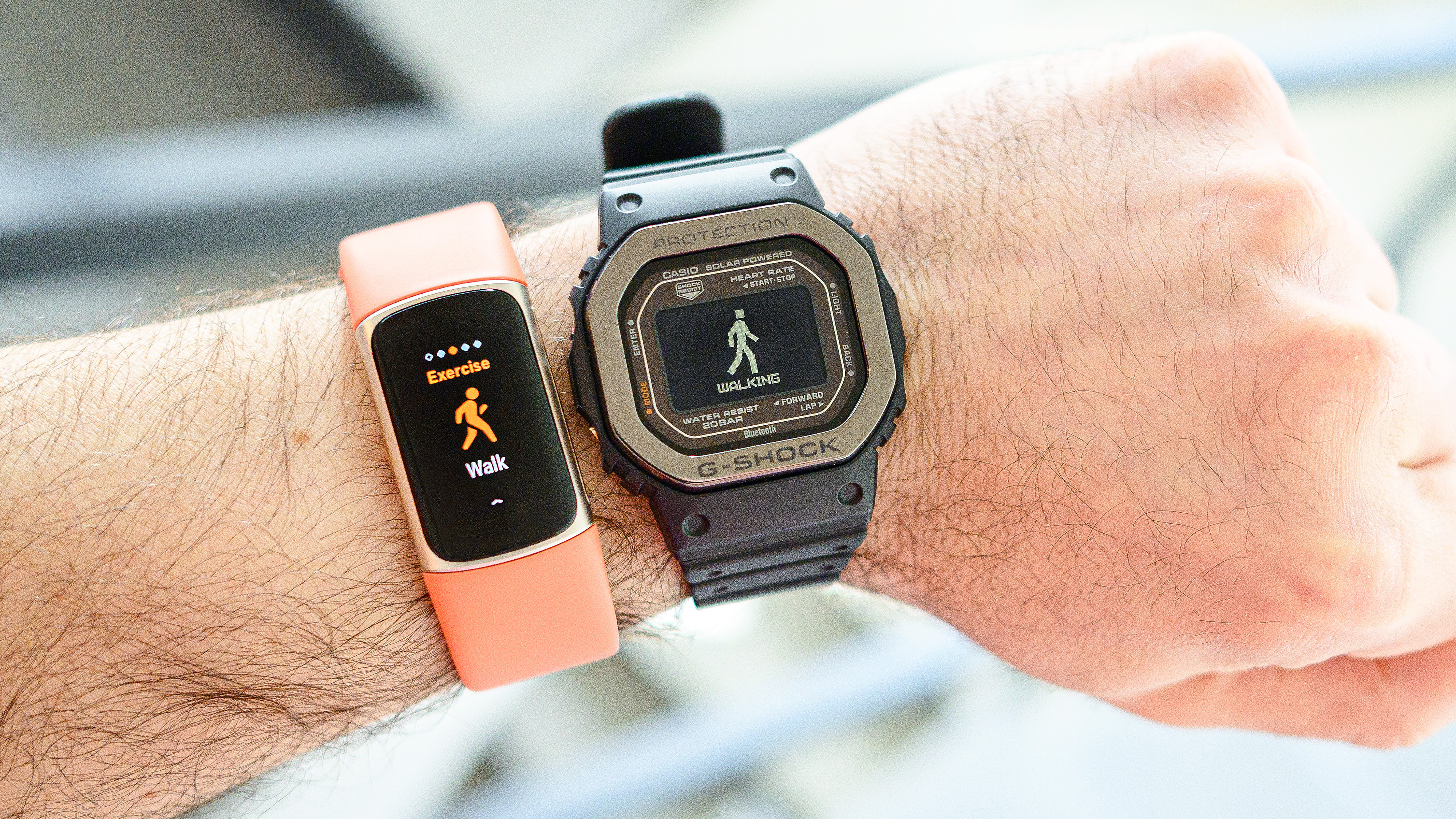
The Fitbit Charge 6 is seriously accurate when it comes to counting steps — it's also one of the best fitness trackers for most people. But how does it compare to the G-Shock Move DWH5600 which has also proven itself to be exceptionally accurate, besting even the Apple Watch SE in a recent head-to-head test?
I intended to find out. After all, both devices keep tabs on more than just steps but also heart rate, pace, distance and calories burned. Only the Fitbit Charge 6 has an onboard GPS — the G-Shock can piggyback off your smartphone’s connection — but both have onboard accelerometers to track movement.
Fitbit Charge 6: $159 @ Walmart
The Charge 6 is the best fitness tracker for most people right now with easy-to-navigate menus, a bright screen that's viewable even in direct sunlight and six days of battery life. It's an ideal option for tracking both daily activity and exercise, with all the data accessible in the Fitbit app. Plus, the Charge 6 has Google Maps and Google Wallet, and an ECG monitor for keeping tabs on heart health.
G-Shock Move DWH5600: $299 @ REI
The G-Shock Move looks like a classic 1980s digital watch with a hint of modern flair. Sure, it tells the time, but it also monitors heart rate and blood oxygen saturation, tracks basic workouts and physical activities, keeps tabs on sleep quality and charges via the sun. Plus, 200 meters of water resistance is best-in-class.
At roughly $300, the G-Shock Move DWH5600 series is nearly twice the price of the Fitbit Charge 6. Outside of a cool design, what does that extra cost get you? For one, a noticeably tougher build quality. The G-Shock Move is shock-resistant and water-resistant down to 200 meters, making it suitable for scuba diving and snorkeling. By comparison, the Fitbit has just 50 meters of WR, which is good enough for brief periods of surface-level swimming.
You also get on-the-spot SpO2 readings, solar charging and better battery life. The Fitbit, on the other hand, offers handy smart features like support for Google Wallet and Maps. It also tracks a wider array of activities than the G-Shock.
Fitbit Charge 6 vs. G-Shock Move: Step accuracy test
To compare the step count accuracy of the two devices, I set out on a short afternoon walk with one tracker attached to either wrist. Oversized noise-canceling headphones ensured optimal concentration as I manually counted every 100 steps before clicking my old-fashioned tally counter and starting over at one.
Post-walk, I mapped my route using the Google Maps distance measuring tool, making sure to include any instances where I crossed streets or slightly altered my route.
Check out the results of the test below to find out which fitness tracker is more accurate, the Fitbit Charge 6 or the G-Shock Move.
Get instant access to breaking news, the hottest reviews, great deals and helpful tips.
Fitbit Charge 6 vs. G-Shock Move: The results
| Header Cell - Column 0 | Fitbit Charge 6 | G-Shock Move DWH5600 | Control |
|---|---|---|---|
| Steps | 3,319 steps | 3,285 steps | 3,3300 steps (manual count) |
| Distance | 1.53 miles | 1.47 miles | 1.68 miles (Google Maps) |
| Average pace | 23 mins, 37 secs per mile | 25 mins, 4 secs per mile | n/a |
| Calories burned | 266 calories | 282 calories | n/a |
| Average heart rate | 121 bpm | 122 bpm | n/a |
| Maximum heart rate | 147 bpm | 149 bpm | n/a |
The results above surprised me a bit: Of all the walk test challenges I've participated in, this one may be the closest the data has matched up between two competing devices. Both were within 20 steps of my actual total with the G-Shock undercounting by 15 and Fitbit overcounting by 19.
The distance measurements were also quite close, though the Fitbit was 0.06 miles closer to the actual distance than the G-Shock. Even the 87-second discrepancy between average paces is fairly small potatoes compared to discrepancies we've seen in other recent showdowns.
Moving down the chart it warms my heart to such similar numbers when it comes to heart rate and calories burned. For what it's worth the G-Shock's tracking data is underpinned by Polar's exceptionally good algorithms and processing software.
Verdict: G-Shock wins
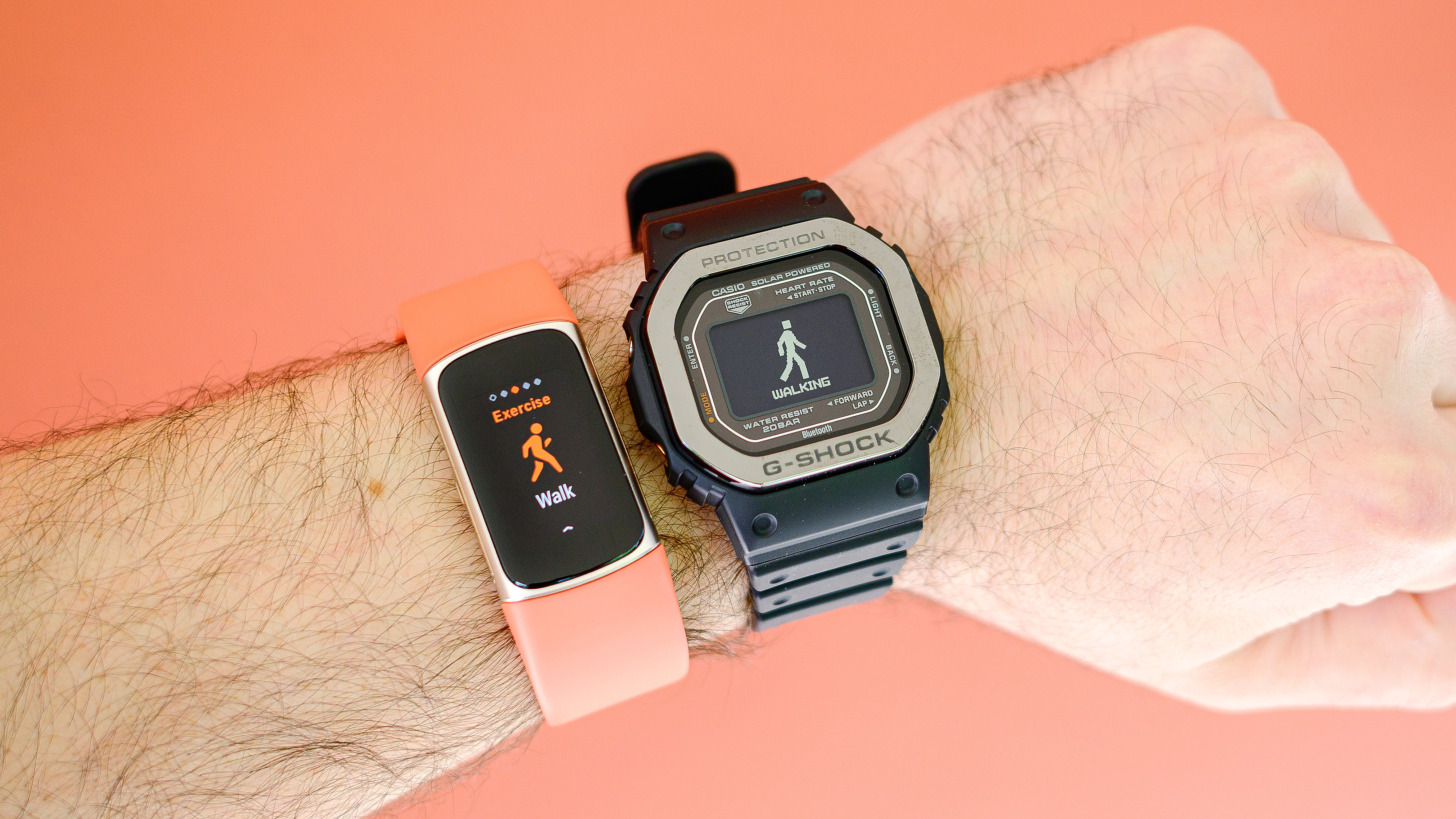
Ultimately, going by step count alone, the G-shock wins this matchup. However, the two devices largely spit out the same data points for this test, and the Fitbit was also closer than the G-Shock in terms of total distance traveled. Not by much, though.
Of course, it's not worth getting all that hung up on which tracker is the absolute most accurate. Instead, pick one that has the features and metrics you want, and stick with it. Need some help deciding? These are the best smartwatches and fitness trackers you can buy.
More from Tom's Guide
- Samsung Galaxy Watch 7 vs. Galaxy Watch 6: Biggest expected changes
- I spent a weekend with the G-Shock smartwatch — 7 things that surprised me
- Move over Withings — 5 reasons why the Pininfarina Senso is my new favorite hybrid smartwatch

Dan Bracaglia is the Tom’s Guide editorial lead for all things smartwatches, fitness trackers and outdoor gear. With 15 years of experience as a consumer technology journalist testing everything from Oura Rings to instant cameras, Dan is deeply passionate about helping readers save money and make informed purchasing decisions. In the past year alone, Dan has assessed major product releases from the likes of Apple, Garmin, Google, Samsung, Polar and many others.
An avid outdoor adventurer, Dan is based in the U.S. Pacific Northwest where he takes advantage of the beautiful surroundings every chance he gets. A lover of kayaking, hiking, swimming, biking, snowboarding and exploring, he also makes every effort to combine his day job with his passions. When not assessing the sleep tracking and heart rate accuracy of the latest tach gadgets, you can find him photographing Seattle’s vibrant underground music community.
 Club Benefits
Club Benefits





